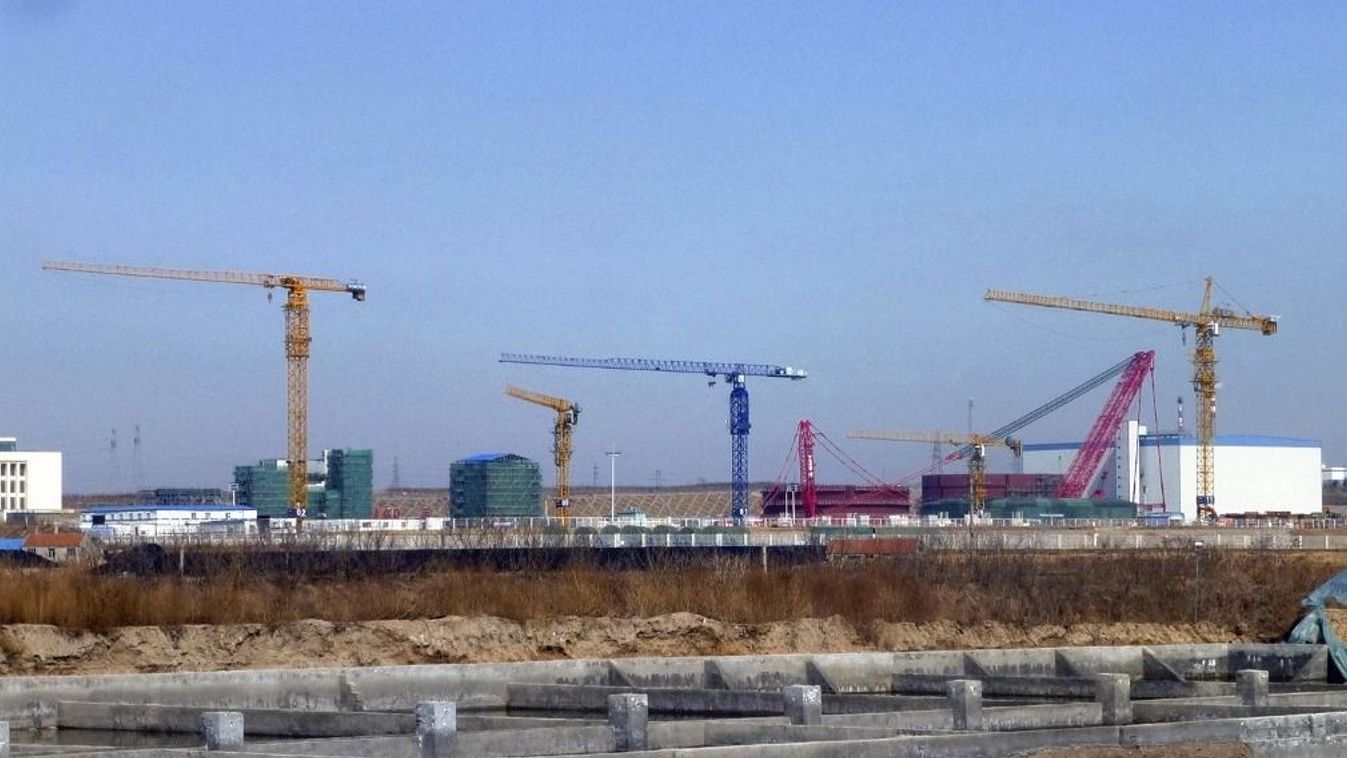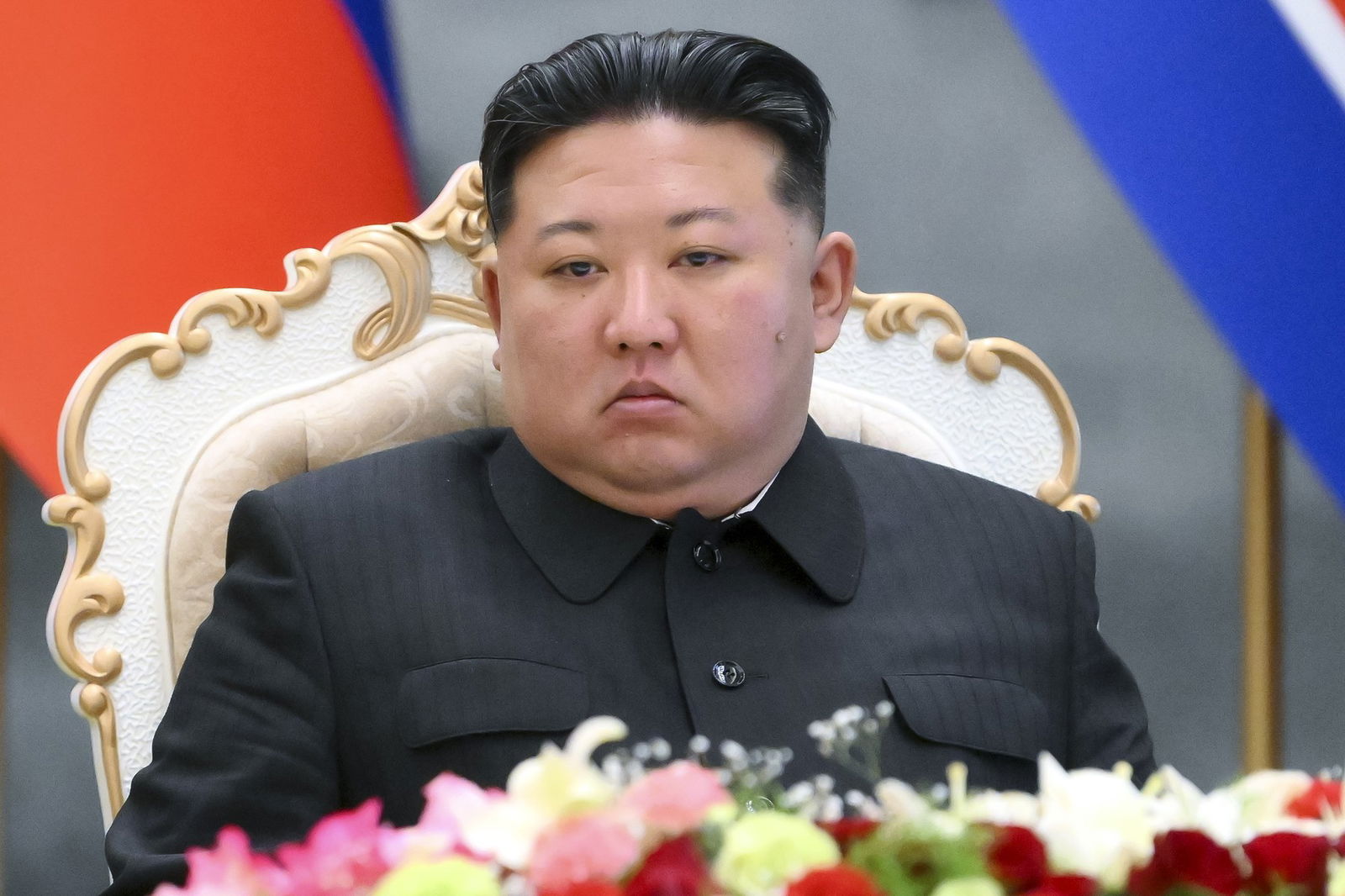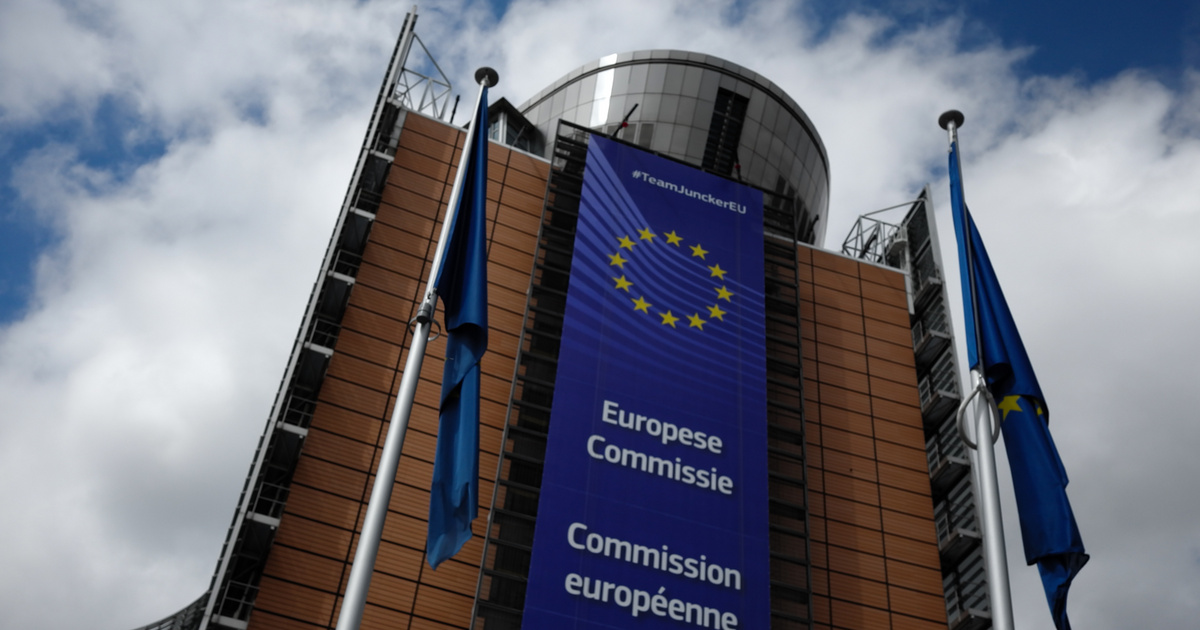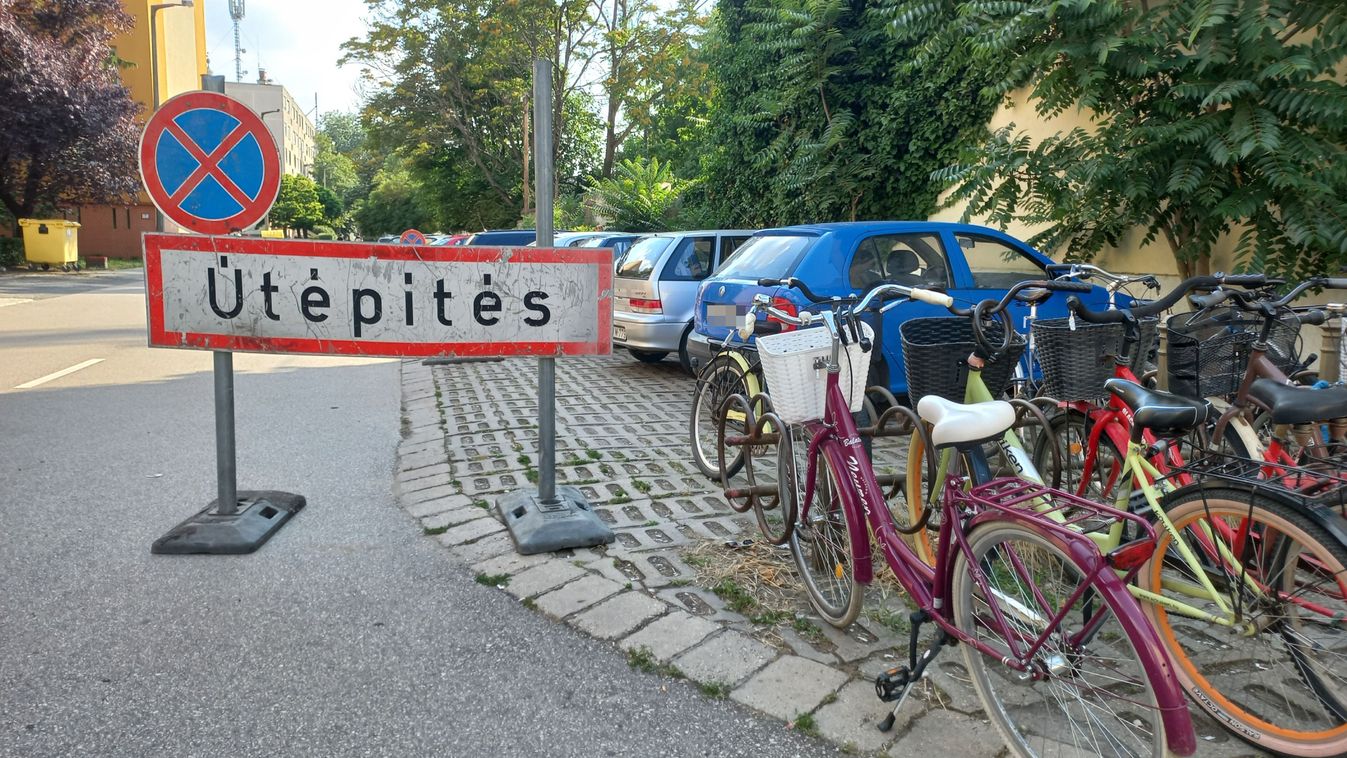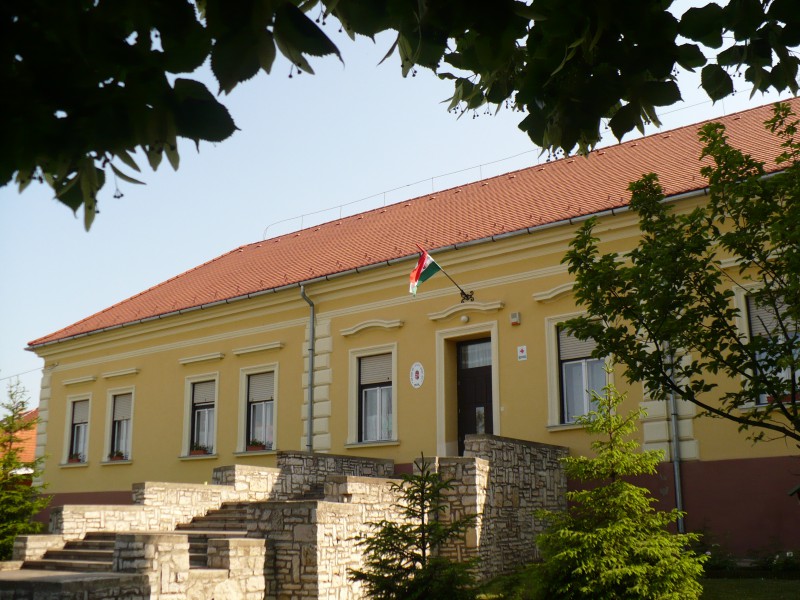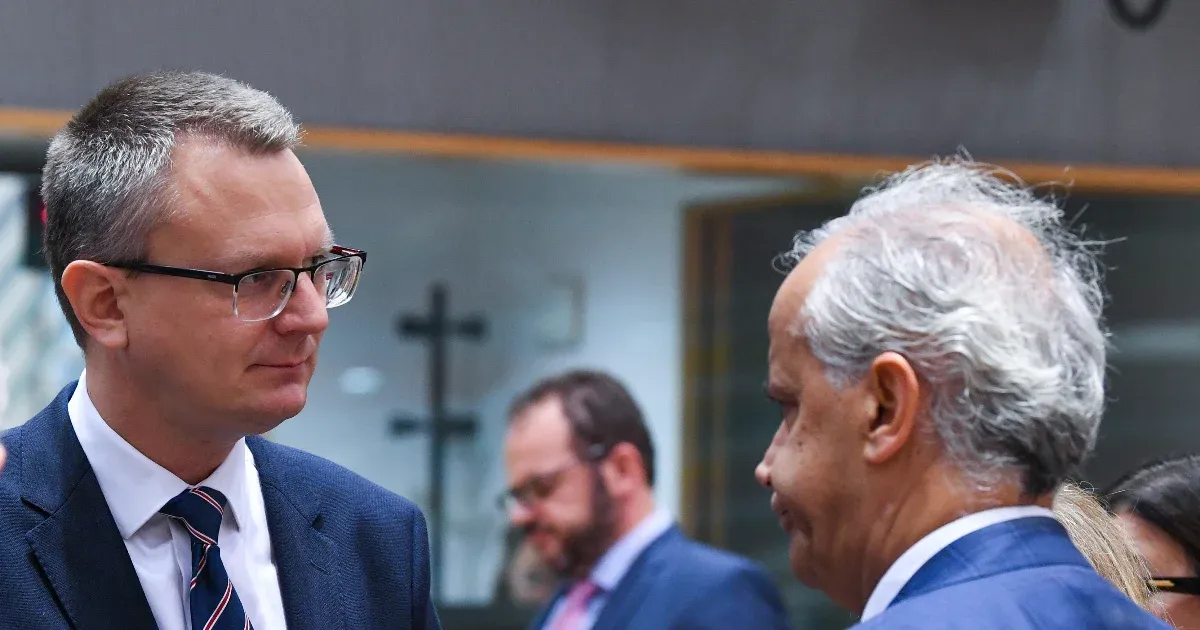EU interior and justice ministers announced after a meeting on Thursday that a broad majority supports the proposal on an asylum emergency, and they could reach an agreement within days. Although the German government indicated that it was no longer opposed to the common position of the member states, the Italians “asked for some time.”
What is it, and why is it important?
Since 2016, EU member states and members of the European Parliament have been studying how to transform the common refugee and migration regulations that collapsed a year ago. The original reform proposals were reviewed in 2020, but the package consisting of several pieces of legislation only gained momentum in June this year. That’s when member states took the leap, which they had failed to do before 2020: they agreed on two controversial elements of the package. (The Hungarian government claims it will make the distribution of refugees compulsory, although it could be replaced with money or other methods. In addition, a process of “migrant isolation” has begun, while those it believes should not be unfounded asylum seekers are said to be allowed into the country Alternatively, they can be kept in a transit area for 12 weeks.
The momentum was short-lived, as emergency refugee legislation stalled in July. This would deal with situations such as when Belarus sent state-organised migrants who were then escorted to the EU border by border guards.
Acceptance of the proposal requires a qualified majority, i.e. 55% of member states, which represent 65% of the EU population. Germany, the most populous country in the European Union, sided with the opponents, including Hungary, thus bringing together the opposition minority.
Member States should not take their decision alone, but in cooperation with the European Parliament. EP last week AnnounceHe added that he would not negotiate the other two elements of the separate legislation package until the Ministers of Interior and Justice were unable to make a decision on the emergency draft, which means that the obstruction had begun to put the entire reform at risk.
The Germans changed their minds at the penultimate moment, and the Italians at the last moment
Politico for Thursday’s Cabinet meeting according to It was not even put on the agenda for a vote in the first place, because the necessary majority was not present. In addition to Germany and Hungary, the newspaper listed the Czech Republic and Poland among the opponents, while the newspaper listed the Netherlands among the unconfirmed countries. (If they had all voted no, they would have narrowly been able to bring the obstructionist minority together on the council Voting simulation according to.)
The Germans changed their minds at the penultimate moment. had won do you know thatHowever, the more pro-refugee Greens from the tripartite coalition in Berlin continued to oppose the text, but were overruled by Chancellor Olaf Scholz. For Thursday’s meeting in Brussels Access
German Interior Minister Nancy Weiser was “very confident” that it would be effective.
And CertainTo vote yes.
Finally, at the last minute, the Italians jumped on the proposal.
“Italy didn’t say no” It is to explain Regarding the situation, Foreign Minister Antonio Tajani visited Berlin and “just asked for some time.”
As we wrote about the council meeting in June, ministers actually arrived there with a majority supporting elements of the package discussed at the time, but according to Politico, they did not want to leave Italy out for political reasons. Without the hardest-hit EU country, as one EU diplomat said, the agreement “would not be worth the paper it was written on.”
the guardian And the POLITICO According to him, the Italians put the brakes on because of two concessions made to the Germans, one regarding civil organization ships and the other regarding migrant rights.
There’s a good chance you already have the majority
Mathematically, this may no longer stand in the way of reaching an agreement: in the simulated vote in the Council, the obstructing minority no longer exists in the case of the former opponents, with Italy replacing Germany.
Hence, it is assumed that optimism about the Treasury was not the only one coming from Interior Commissioner Ylva Johansson when the meeting took place. .in the end advertiser:
“I think it’s clear that there are no major obstacles.”
Official approval is a matter of days, and a vote below the ministerial level, among ambassadors, is sufficient.
Fernando Grande Marlaska Gomez, who chaired the meeting, said so
A “very broad majority” supports this proposal.
Even the Spanish Minister of the Interior, who heads the Council, dared to promise that he would announce the agreement within days, as he is “absolutely certain” that the negotiations will be concluded in the near future. According to him, the situation in Italian Lampedusa proves that the migration package is necessary. (Thousands arrived on the island from North Africa within days.)
The obstinate Hungarian government wanted to abolish the quasi-constitution of the European Union once again
On the other hand, the meeting was attended by Bence Retvari, Parliamentary Secretary of the Ministry of Interior. Talk about itWhich
According to him, the proposal is a “migrant magnet” that puts immigration management in the hands of human traffickers and opens another door for migrants. This threatens Europe’s long-term future.
Therefore the decision must be taken unanimously, not “bypassing certain countries”, but by a “qualitative” majority.
He almost certainly invoked a qualified majority only by slip of the tongue, because he correctly made the same argument at the council meeting in June.
Ministers use this method of calculating majorities in legislative procedure, which is literally called “ordinary”. The basic EU treaties, the EU’s quasi-constitution, provide for this in refugee and migration matters, already in 2017. I tried to write over it in vain The Hungarian government in the European Union Court
The Spanish presidency is confident that everyone will say yes
Fernando Grande Marlaska Gomez expressed his hope to finalize the “nuances” in the next few days and obtain approval from all member states.
If member states formally accept the proposal, they will only accept their own position, on the basis of which they can negotiate with the European Parliament. The actors adopted their own version in April. The European Parliament sticks to the original proposal Among other things It emphasizes solidarity between Member States, the role of EU bodies and the rights of asylum seekers. If the two decision-making bodies are able to negotiate a joint text, voting on it will be almost formal.
But time is running out: next June the European Parliament will be re-elected, which will be followed by an institutional reorganization. In such cases, they can even withdraw or rework proposals that have not yet been accepted, the latter having already happened in 2020 with the immigration package.





